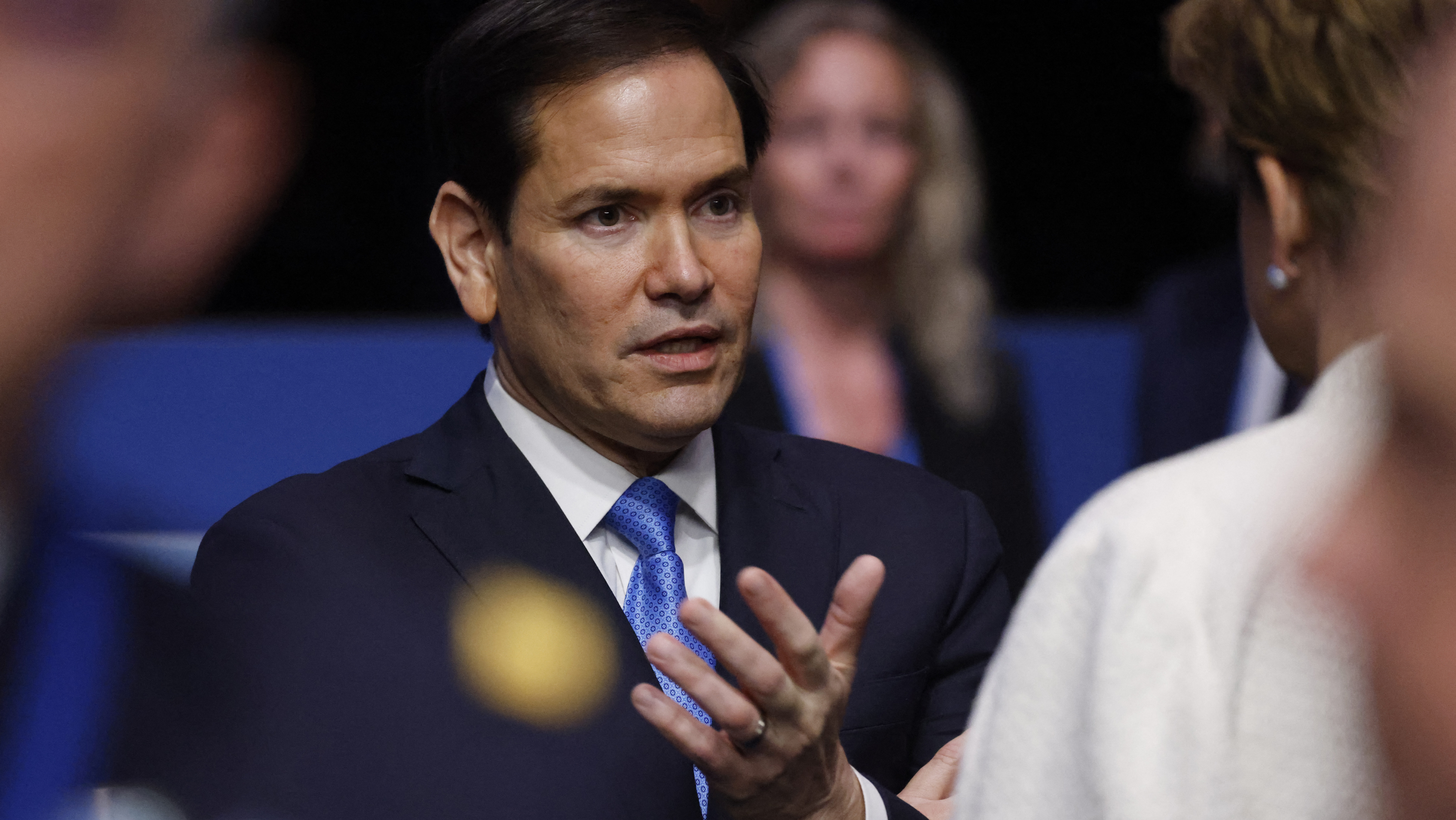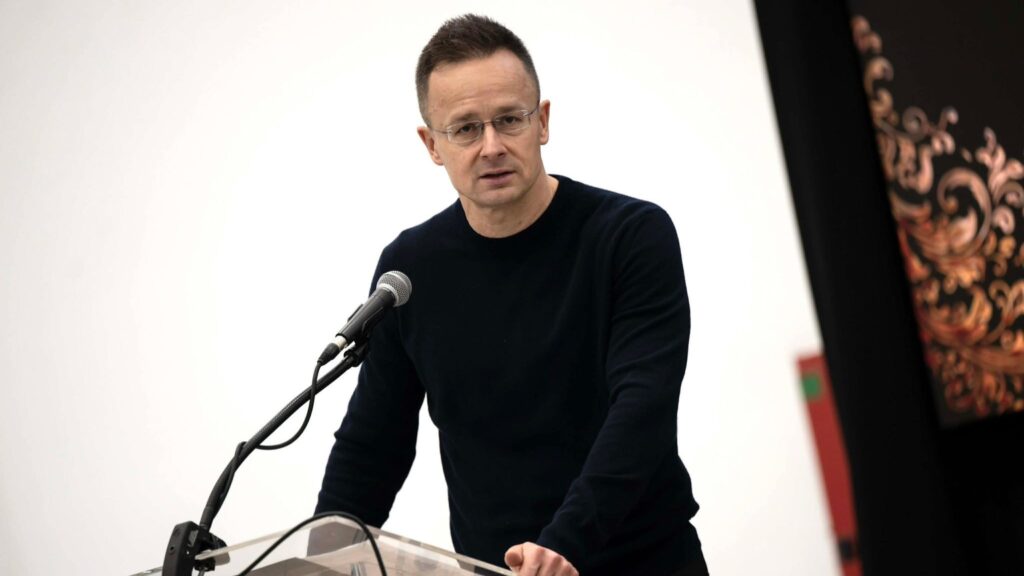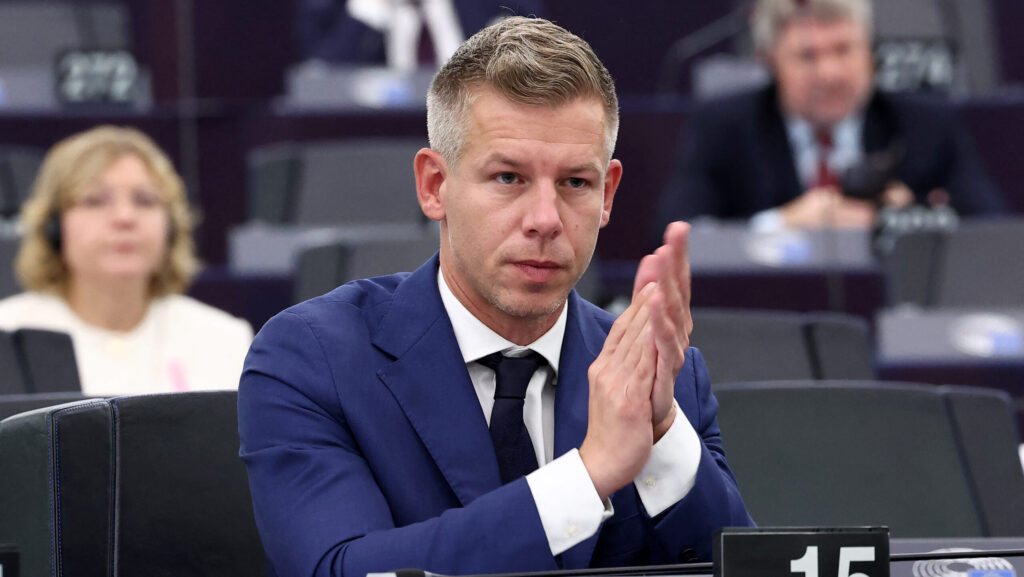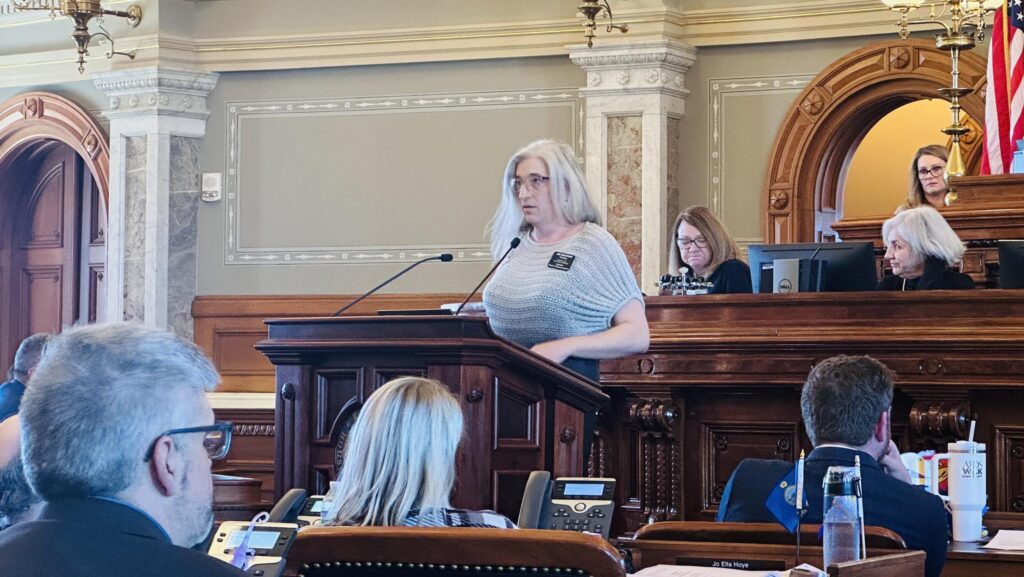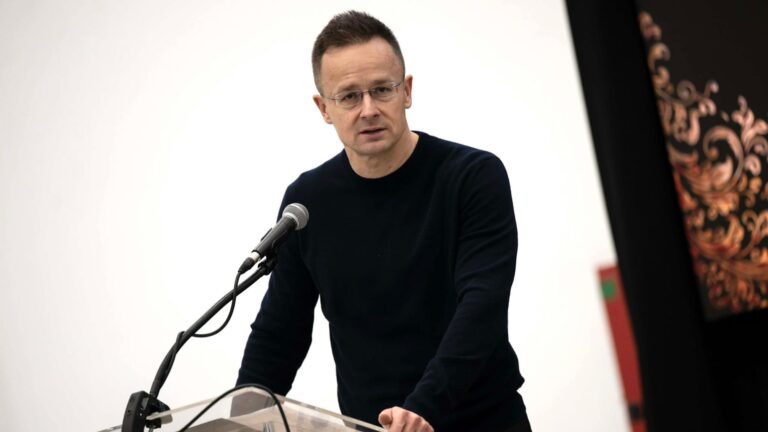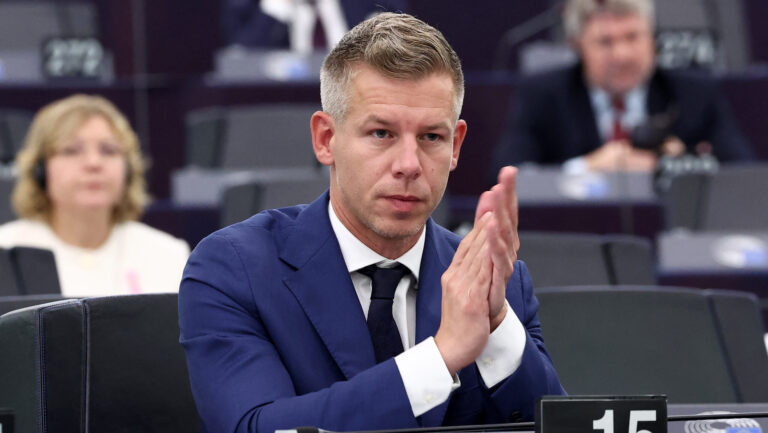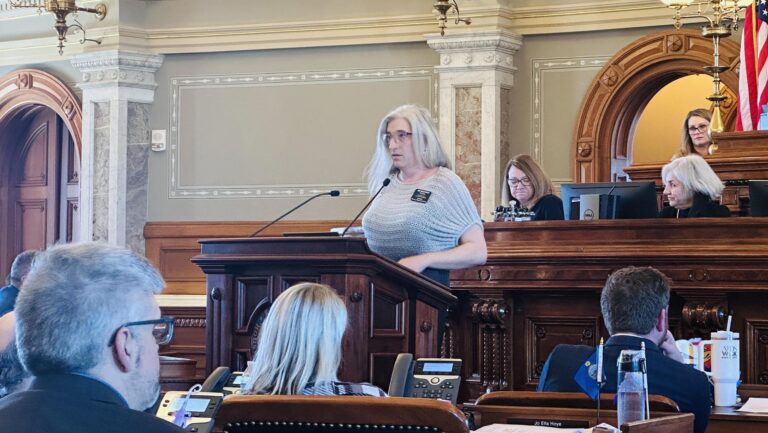US Secretary of State Marco Rubio stated that President Donald Trump will reject calls from European counterparts to impose further sanctions on Russia during the annual NATO leaders’ summit in The Hague, the Netherlands.
‘If we did what everybody here wants us to do, and that is come in and crush them with more sanctions, we probably lose our ability to talk to them about the ceasefire—and then who’s talking to them?’ Rubio said in a brief interview with POLITICO on the sidelines of the summit. The US foreign policy chief added that the president knows when the time is right for stricter economic measures, arguing that such action would signal the end of diplomatic engagement. ‘We’re going to continue to engage,’ he said. ‘In the sense that if there’s an opportunity for us to make a difference and get them to the table, we’re going to take it.’
European NATO members, Ukraine, and EU leaders are hoping to persuade Trump to adopt a tougher stance against Russia, as peace talks have stalled for over a month. While Ukrainian President Volodymyr Zelenskyy was not invited to the Alliance’s working meeting on Wednesday, he is reportedly seeking a bilateral meeting with Trump on the summit’s sidelines.
Energy Sanctions Still in Limbo
On Tuesday, Zelenskyy met with European Commission President Ursula von der Leyen, European Council President António Costa, and NATO Secretary General Mark Rutte. Following the meeting, he posted on X that the discussion focused on the EU’s 18th sanctions package against Russia. ‘This package must significantly increase pressure on Russia’s energy and banking sectors, as well as on the shadow fleet. The key element here must be a strong price cap on Russian oil, and we count on the appropriate decisions,’ he wrote.
Volodymyr Zelenskyy / Володимир Зеленський on X (formerly Twitter): “I had a joint meeting with the Presidents of the European Council and the European Commission, and the NATO Secretary General – António Costa @eucopresident, Ursula von der Leyen @vonderleyen, and Mark Rutte @SecGenNATO. We are working to ensure unity among all our allies.We… pic.twitter.com/4HePCCUyUF / X”
I had a joint meeting with the Presidents of the European Council and the European Commission, and the NATO Secretary General – António Costa @eucopresident, Ursula von der Leyen @vonderleyen, and Mark Rutte @SecGenNATO. We are working to ensure unity among all our allies.We… pic.twitter.com/4HePCCUyUF
EU foreign ministers voted on the proposed package just days before the summit, but the measure failed due to opposition from Hungary and Slovakia. The package includes significant restrictions on Russia’s energy sector, such as lowering the G7 price cap on seaborne Russian crude oil from $60 to $45 per barrel, banning transactions related to the Nord Stream 1 and 2 pipelines, and prohibiting imports of petroleum products refined from Russian crude.
Hungary and Slovakia, both heavily reliant on Russian gas and oil imports, oppose the broader REPowerEU roadmap, which aims to fully phase out Russian fossil fuels by 2027—something they argue would disproportionately harm landlocked, energy-dependent nations. Hungarian Minister for Foreign Affairs and Trade Péter Szijjártó emphasized during the Foreign Affairs Council earlier this week that the global energy crisis, worsened by escalating tensions in the Middle East—including threats to close the Strait of Hormuz, a vital route for 20–25 per cent of global oil and gas shipments—is also a key reason for Hungary’s veto.
Slovak Prime Minister Robert Fico demanded concrete guarantees and a viable alternative energy strategy before supporting the sanctions, warning of surging energy prices and potential gas shortages. EU envoys are expected to resume negotiations on the sanctions package on 26 June, immediately after the NATO summit concludes.
Ukraine finds itself in an increasingly precarious position in its self-defence against Russia, as reflected in the shifting focus of this year’s NATO summit. For the first time since 2022, the annual meeting of NATO member state leaders is not centred on Ukraine. This change is largely driven by the Trump administration’s stance on the conflict, as well as escalating tensions in the Middle East involving Israel, the United States, and Iran.
Related articles:

